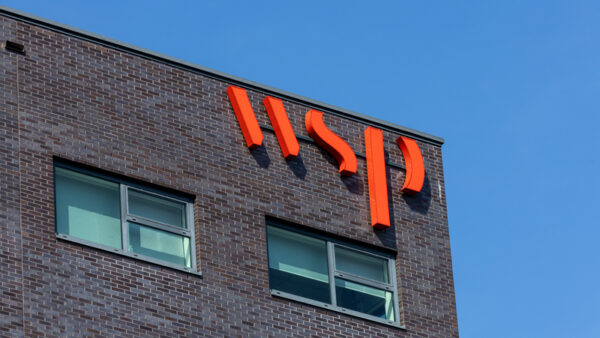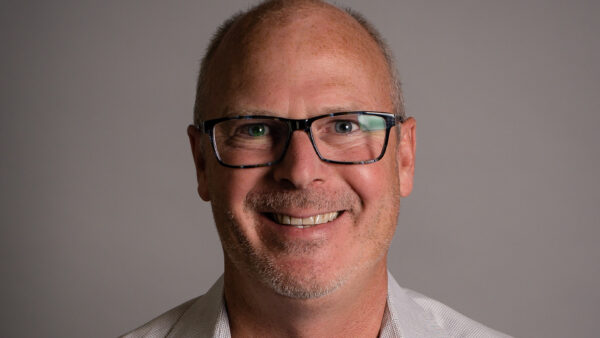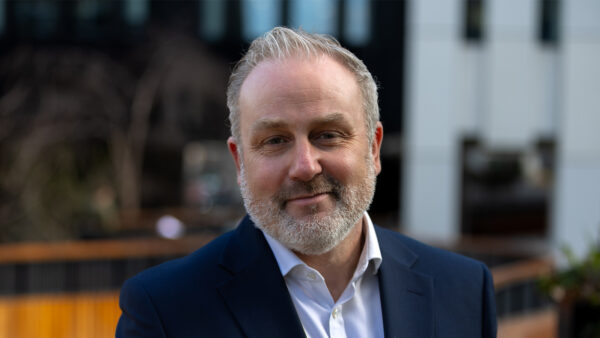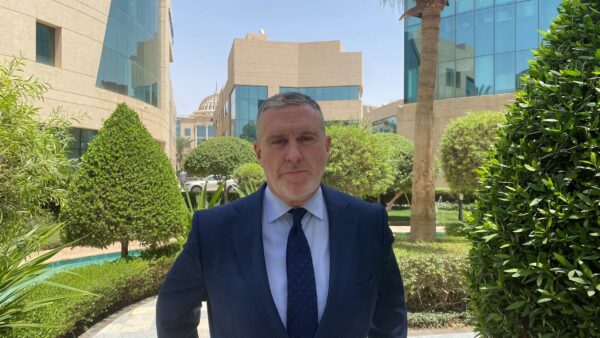US firm Hill International’s decision to buy Turkish project management company IMS back in April is looking like one of the more astute construction industry acquisitions of recent years.
The company only has 80 professional employees, but has nevertheless succeeded in establishing itself across a vast expanse of Central Asia and the Caucasus, including all those former members of the Soviet Union that western companies typically struggle to do business with.
Doing business in those countries is not like doing business in New York, London or Toronto. IMS has a base of experience gathered over the past 15 years in business practices– Serdar Gucar, IMS president
To find out what IMS is planning to do next, GCR caught up with Serdar Gucar (pictured), president of IMS and now also vice president and managing director of Turkish operations for Hill’s Project Management Group.
When we talk, Gucar is the Kazakhstan capital of Astana, where he is looking after one of the biggest projects on IMS’ books at the moment: the $3bn Expo 2017 (pictured above). It is working as the project manager on a wide range of projects, including the pavilions, the exhibition areas and the supporting infrastructure.
This is high-profile work – the central pavilions for the 174ha project were fought over by just about every signature architect on Earth, before being picked up by Chicago practice Adrian Smith + Gordon Gill Architecture.
IMS is working for the project’s main contractor, Sembol Construction, another Turkish company. It is also high-tech: the theme of the expo is future energy, so this will have to be illustrated by the buildings in a suitably impressive way.
It also illustrates some of the peculiar attractions and problems with the former Soviet markets.
The first is that some of them have a lot of oil money to spend – and a lot to spend it on. Gucar says: “Kazakhstan has a relatively low population and this means the country has to be clever in attracting people to migrate there. So they have a plan to build three kinds of projects: special economic zones, universities and healthcare facilities.
“These are all opportunities for construction work. For example, we are also working on Nazarbayev University in Astana, which the government plans to make an international research centre to attract students and professors from around the world and add to Astana’s population.”
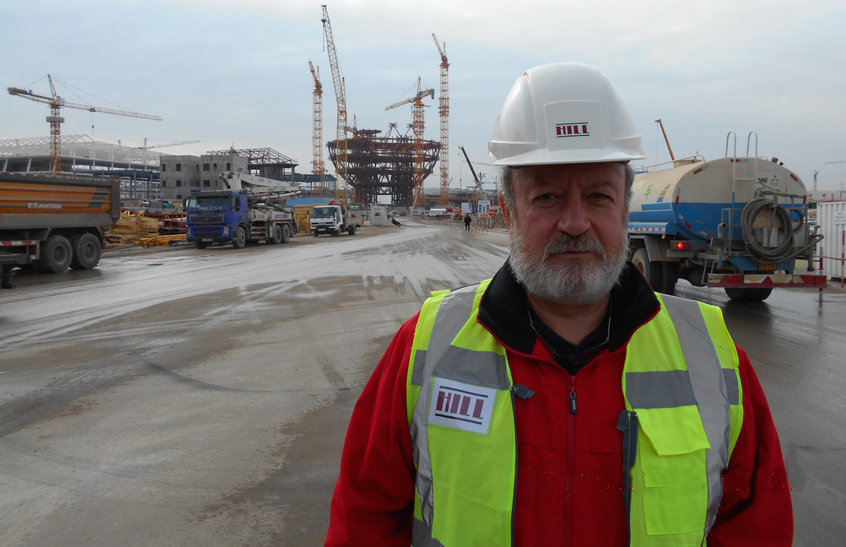
Serdar Gucar, president of IMS Project Management, at Kazakhstan’s Expo 2017 (Hill International)
Then there is the general need to diversify economies away from oil, an imperative that has only been underlined by the year-long slump in hydrocarbon prices.
For most countries, that means public infrastructure and industry, and IMS has been expanding its core activity, which has been commercial property development, to take into account the demand for technology parks and tourist resorts in countries such as Azerbaijan (where it has just won the 50-storey Baku Tower).
There are also a lot of donor-funded infrastructure schemes in places like Georgia that have been a particular strength of Hill International, and which have now become more attainable.
You have to be adaptable to each and every condition. Rather than setting objectives such as saying you’re going to grow 200% in the next five years, you have to be very agile thinking and agile acting to adapt yourself to market conditions– Serdar Gucar, IMS president
Gucar says that when it comes to making progress in these markets, Turkish companies are at a certain geographical advantage.
“Turkey is between Europe and the Balkans, Russia, Iran, the Middle East, the Caucasus and central Asia. The demand for new infrastructure such as oil pipelines and airports are part of that,” he says.
But it goes further than just geography. “Politically, culturally and socially Turkey is a gateway country. As you know, countries such as Turkmenistan, Uzbekistan, Kazakhstan are Turkic countries and that is a reason that Turkish construction companies are successful in those markets, not only in terms of making investments but acting as general contractors. There’s a sort of Turkishness to them.”
This “Turkishness” includes the language, but also a certain advantage when it comes to negotiating the social side of business.
Gucar says: “Doing business in those countries is not like doing business in New York, London or Toronto. IMS has a base of experience gathered over the past 15 years in business practices, as well as our technical expertise; this is very important and Hill was well aware of that.”
As well as being able to handle business etiquette, knowing how the regulatory codes work in CIS countries is a key consideration.
In Kazakhstan, where a huge amount of new build has taken place over the past 20 years, building regulations are a confusing mix of old Soviet codes, which were still in force up until five years ago, and borrowings from western codes.
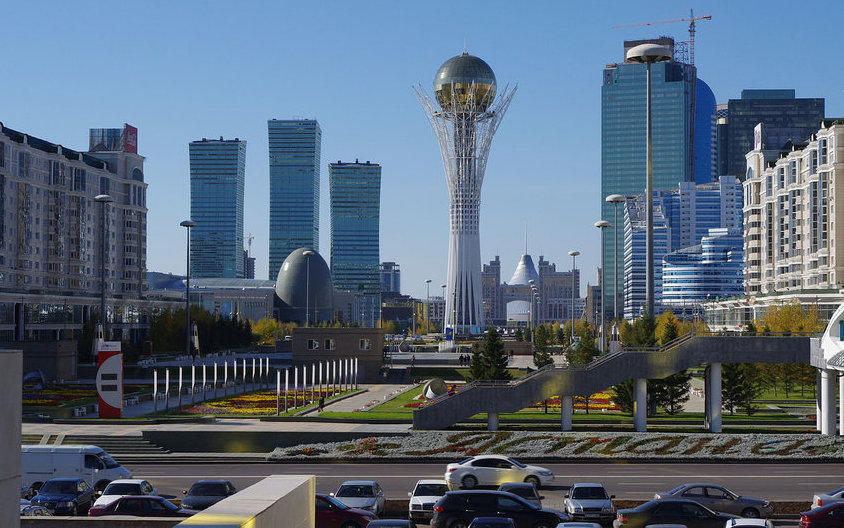
Central downtown Astana, Kazakhstan (Ken and Nyetta/Wikimedia Commons)
As Gucar says, “if you’re not aware of this, you can’t manage any design or construction work”. And much the same considerations apply to investment rules and the legal rubric that accompanies all commercial activity.
IMS’ deal with Hill brought clear advantages for both sides. Hill gained an entrée into the vast expanses to the north of the Middle East, its principal place of business outside the US, and IMS gained access to the networks and resources of a multinational with 4,700 professionals in 100 offices worldwide.
But Gucar is unwilling to make any public predictions as to how quickly IMS will expand.
“You have to be very careful about market conditions,” he says. “If you think about oil prices, any fall very much affects business appetites. You have to be adaptable to each and every condition. Rather than setting objectives such as saying you’re going to grow 200% in the next five years, you have to be very agile thinking and agile acting to adapt yourself to market conditions.”
Top photograph: Artist’s render of the Expo 2017 site, designed by Adrian Smith + Gordon Gill Architecture (Adrian Smith + Gordon Gill Architecture)


